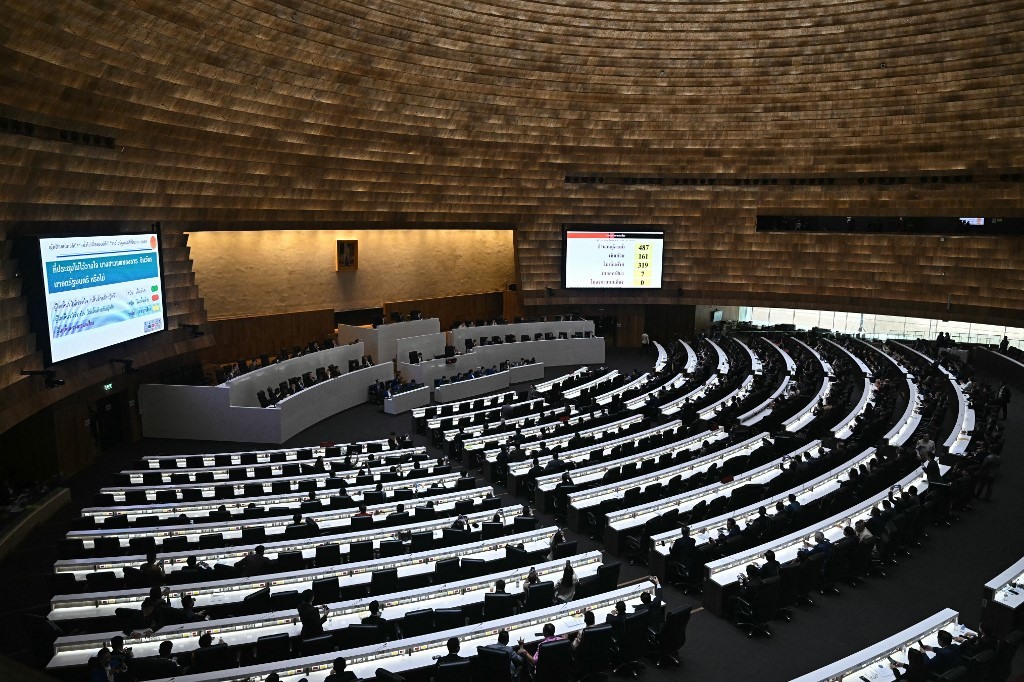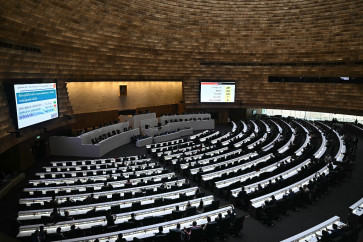Popular Reads
Top Results
Can't find what you're looking for?
View all search resultsPopular Reads
Top Results
Can't find what you're looking for?
View all search resultsLetter to Editor: Thai ambassador responds
Thailand’s ambassador to Indonesia rebuts The Jakarta Post’s Sept. 15 editorial, arguing it oversimplifies the nation’s politics, stressing the resilience of Thai democracy, the non-political role of the monarchy, the independence of its institutions and Thailand’s constructive role in ASEAN.
Change text size
Gift Premium Articles
to Anyone
I
am writing in response to The Jakarta Post's editorial titled "Thai Military's Bad Example" published on Sept. 15, which, unfortunately, presents a one-sided portrayal and lacks the contextual nuance necessary to accurately reflect Thailand's democratic process.
The article suggests that Thailand's political development continues to be defined primarily by the role of the military, but overlooks several key aspects that are essential for readers to gain a balanced and accurate understanding.
Thailand transitioned our political system from an absolute monarchy to a constitutional monarchy in 1932, which was a historic milestone in Thailand's political development. Since then, democracy in Thailand has witnessed its ups and downs, as with any other country in the world.
However, the desire for democracy runs deep in the hearts of the Thai people who are not complacent when they feel this value is under attack. At times, Thai parliamentary politics co-existed with street politics where the people came out to express demands according to their beliefs, but time and again, the dynamic, open and resilient nature of Thai society made it possible for the country to always return to the path of democracy.
The Royal Thai Armed Forces operate under the civilian government's oversight as mandated by law. Like in many constitutional democracies, the military maintains professional relationships with various state institutions to ensure national security and public order, relationships that do not amount to control over the government.
It is therefore, a gross oversimplification to define the Thai political system as being ruled by the military.
Regarding the reference to the Royal Family, let me reiterate that the Thai monarchy has always been a pillar of stability in Thailand, with the Thai identity closely linked to the institution. As a constitutional monarchy, the King has pro forma responsibilities within the constitutional framework, exercising this function in a non-political and non-partisan manner, and is above politics.



















